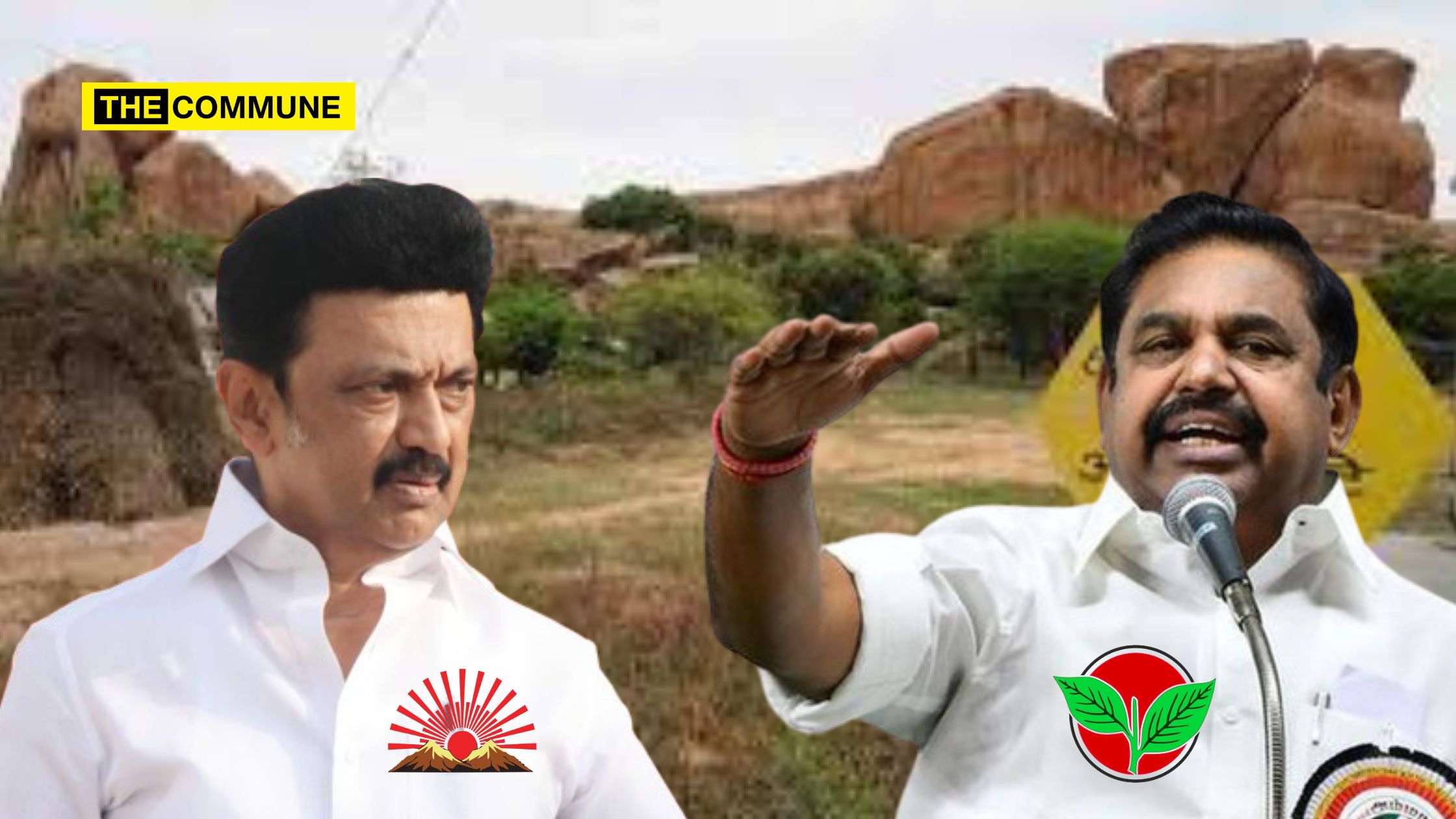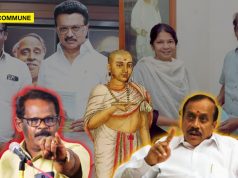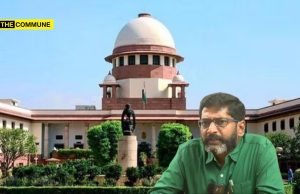
AIADMK General Secretary Edappadi K Palaniswami, citing media reports, criticized the ruling DMK government for seeking approval from the Union Government for tungsten mining in Melur, located in Madurai district. However, following significant opposition from local residents, the DMK has now decided to withdraw from the proposal and turn the tables on the Central Government.
On 29 November 2024, Tamil Nadu Chief Minister MK Stalin wrote a letter firmly opposing the Union Government saying that state will not allow tungsten mining in the Arittapatti region and surrounding areas in Madurai district. In the letter to Prime Minister Narendra Modi, Stalin urged the to ‘revoke the mining rights’ awarded to Hindustan Zinc Limited for the Nayakkarpatti Tungsten block, which includes the Arittapatti area.
The Chief Minister highlighted the region’s cultural and ecological significance, noting that Arittapatti is a designated biodiversity heritage site known for its archaeological treasures, including cave temples, sculptures, Jain symbols, Tamil Brahmi scripts, and ancient stone beds. Stalin expressed concern that mining activities would irreparably damage these valuable heritage sites.
Stalin also pointed out that the proposed mining project could devastate the local communities. He stressed that the villagers, who depend on the region for their livelihoods, are deeply concerned about the impact of mining on their way of life. “The people of these villages fear they may lose their livelihoods permanently,” Stalin wrote, reiterating that the Tamil Nadu government would never allow such mining operations.
மதுரை மாவட்டத்தில் வழங்கப்பட்டுள்ள டங்ஸ்டன் சுரங்க உரிமையை உடனடியாக ஒன்றிய அரசு இரத்து செய்ய வேண்டும்! தமிழ்நாடு அரசு இதனை ஒருபோதும் அனுமதிக்காது!
மாநில அரசின் அனுமதியின்றி இதுபோன்ற சுரங்கம் தோண்டுவதற்கான ஏலங்களை மேற்கொள்ளக்கூடாது என மாண்புமிகு பிரதமர் அவர்கள் சுரங்க… pic.twitter.com/Gyzi1qbVUW
— M.K.Stalin (@mkstalin) November 29, 2024
According to Stalin’s letter, the Union Ministry of Mines declaried Hindustan Zinc Limited as the preferred bidder for the tungsten block on 7 November 2024. The block spans several villages, including the ecologically sensitive Arittapatti, raising alarm among local residents and environmentalists.
In his letter, Stalin also referenced a previous communication sent by the Tamil Nadu government in October 2023, in which the state raised concerns over the auctioning of critical and strategic mineral mining rights. Despite these concerns, the Union Minister for Parliamentary Affairs, Coal, and Mines rejected the state’s objections, insisting that the auction process for such minerals must continue in the larger national interest.
Stalin has now called for the Prime Minister’s immediate intervention to cancel the mining rights and halt any future bids for mining without the state’s consent.
Tamil Nadu CM MK Stalin urges PM Narendra Modi to cancel the award of Tungsten Mining rights in Madurai district to Hindustan Zinc Limited. @xpresstn @NewIndianXpress pic.twitter.com/wMXsvO3FFd
— T Muruganandham (@muruga_TNIE) November 29, 2024
However, on 29 November 2024, speaking to reporters in Salem, AIADMK General Secretary Edappadi K Palaniswami claimed, “Now, after facing opposition from the public, the DMK is objecting to the project. Chief Minister MK Stalin is simply playing a political game by sending a letter to the Union Government opposing it.”
AIADMK leader Palaniswami’s recent remarks about the DMK government’s handling of the tungsten mining proposal in Madurai are supported by a report from 2023, which confirms his claims. According to the report, the DMK government had sought approval from the Central Government to move forward with the mining project, only to face significant local opposition. In response, Tamil Nadu Chief Minister MK Stalin appears to be playing politics with the issue, rather than pushing ahead with the mining plans.
After identifying significant deposits in the region, the state’s Department of Natural Resources requested permission from the Union Government to mine two key minerals, tungsten and molybdenum. These minerals are crucial for various industrial applications. A senior government official acknowledged the local community’s concerns and assured that the State had sought the Central Government’s approval in light of these socio-economic issues.
The DMK-led Tamil Nadu Government is considering joint ventures to develop these mineral resources. Molybdenum is seen as vital for establishing Tamil Nadu as a hub for hydrogen production, while tungsten has potential uses in energy storage. According to official sources, India’s total molybdenum ore reserves stand at approximately 19.29 million tonnes, with Tamil Nadu holding the largest share—around 9.97 million tonnes. This mineral is highly prized for its use in missile and aircraft components, as well as in the nuclear industry.
Molybdenum is also an essential alloying agent in steel, cast iron, and superalloys, improving strength, corrosion resistance, and wear durability. It is increasingly in demand for use in the automotive industry to produce lighter, more fuel-efficient vehicles. Additionally, the metal is being explored as a potential raw material in the production of hydrogen electrolysers.
Tungsten, a rare and valuable mineral, is found in Madurai district. The Union Government has recognized its strategic importance due to its uses in high-capacity energy storage, particularly in lithium-tungsten oxide batteries. These batteries offer greater stability and energy storage potential, positioning tungsten as a critical resource for future technological advancements.
Subscribe to our channels on Telegram, WhatsApp, and Instagram and get the best stories of the day delivered to you personally.




